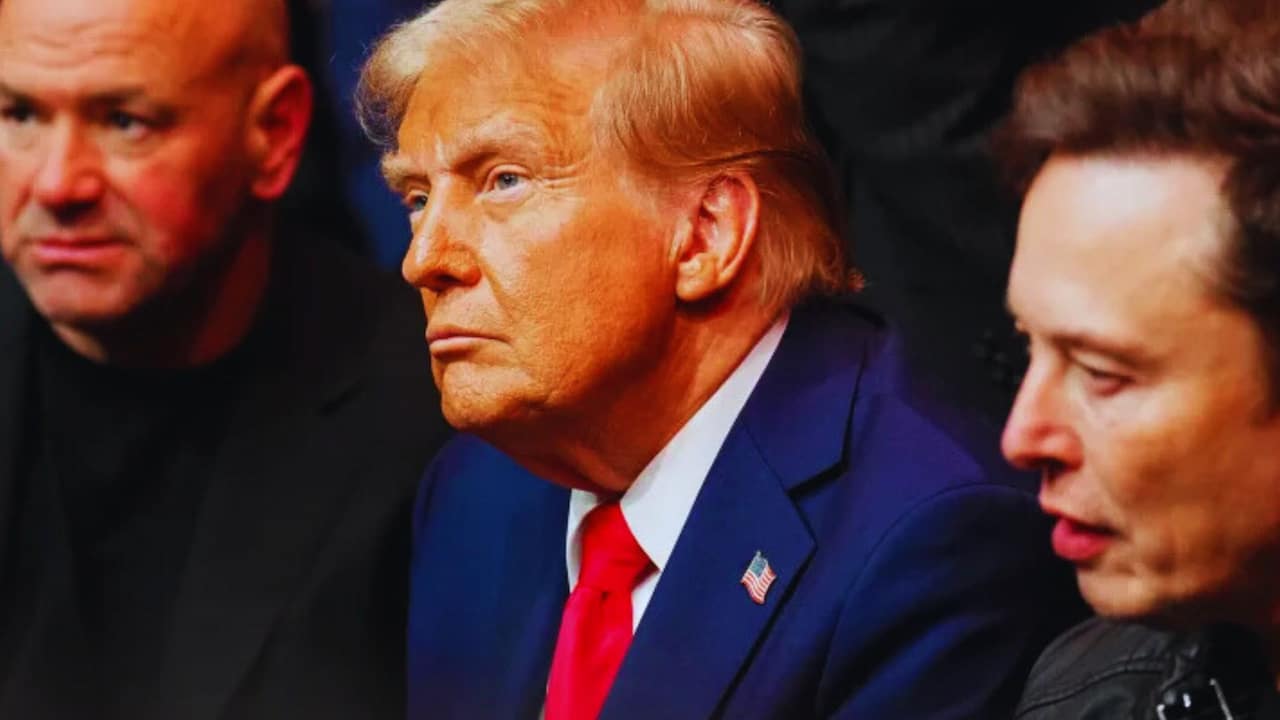Trump and Hegseth’s Potential Impact on the US Military: Challenges and Controversies
President-elect Donald Trump and his nominee for Secretary of Defense, Pete Hegseth, have proposed significant changes to the US military, sparking debates about its future. If implemented, their plans could reshape key military policy and personnel management aspects.
Women in Combat Roles
Despite their current participation, Hegseth has expressed opposition to women serving in ground combat roles. While he acknowledges women’s contributions to the military, he argues that their presence in combat hasn’t improved effectiveness or lethality. Reversing current policies could face legal and legislative challenges and resistance from those who support gender equality in the armed forces.
Leadership Overhaul
Trump and Hegseth have suggested firing high-ranking military officers, particularly those involved in diversity, equity, and inclusion (DEI) initiatives or the Afghanistan withdrawal.
As commander-in-chief, Trump would have broad authority to remove generals from their positions or reassign them, effectively ending their careers. This approach could lead to a significant leadership shake-up within the Pentagon.
Transgender Service Members
The Trump administration might reinstate the ban on transgender individuals serving in the military, reversing policies implemented under the Obama and Biden administrations. Such a move would likely face legal challenges and opposition from LGBTQ+ rights advocates.
Abortion Travel Policy
The current Pentagon policy allowing service members to travel for abortion care in states where it’s restricted could be rescinded under a new Trump administration. This change would impact access to reproductive healthcare for military personnel stationed in states with strict abortion laws.
Base Renaming
Trump has vowed to reverse the renaming of military bases that previously honored Confederate generals. This could lead to a conflict with existing legislation that mandated the removal of Confederate names from military installations.
Implications and Concerns
National security experts have raised concerns about the potential impact of these proposed changes:
- Military Readiness: Mass firings of experienced leaders could disrupt ongoing operations and affect the military’s preparedness.
- Politicization: Some worries removing officers based on their perceived political views could lead to a loyalty test, prioritizing allegiance to the president over the Constitution.
- Diversity and Inclusion: Rolling back policies promoting diversity could affect recruitment and limit the military’s ability to leverage various perspectives and talents.
- Legal Challenges: Many of these proposed changes will likely face court battles and legislative opposition.
- Morale and Cohesion: Sweeping policy changes and leadership turnover could impact troop morale and cohesion.
While the president has significant authority over military matters, implementing these changes would be impossible. Congressional oversight, legal constraints, and public opinion will all play roles in shaping the future of the US military under a potential second Trump administration.
As the situation develops, it remains to be seen how these proposals will translate into actual policy and what long-term effects they might have on America’s armed forces and national security.
